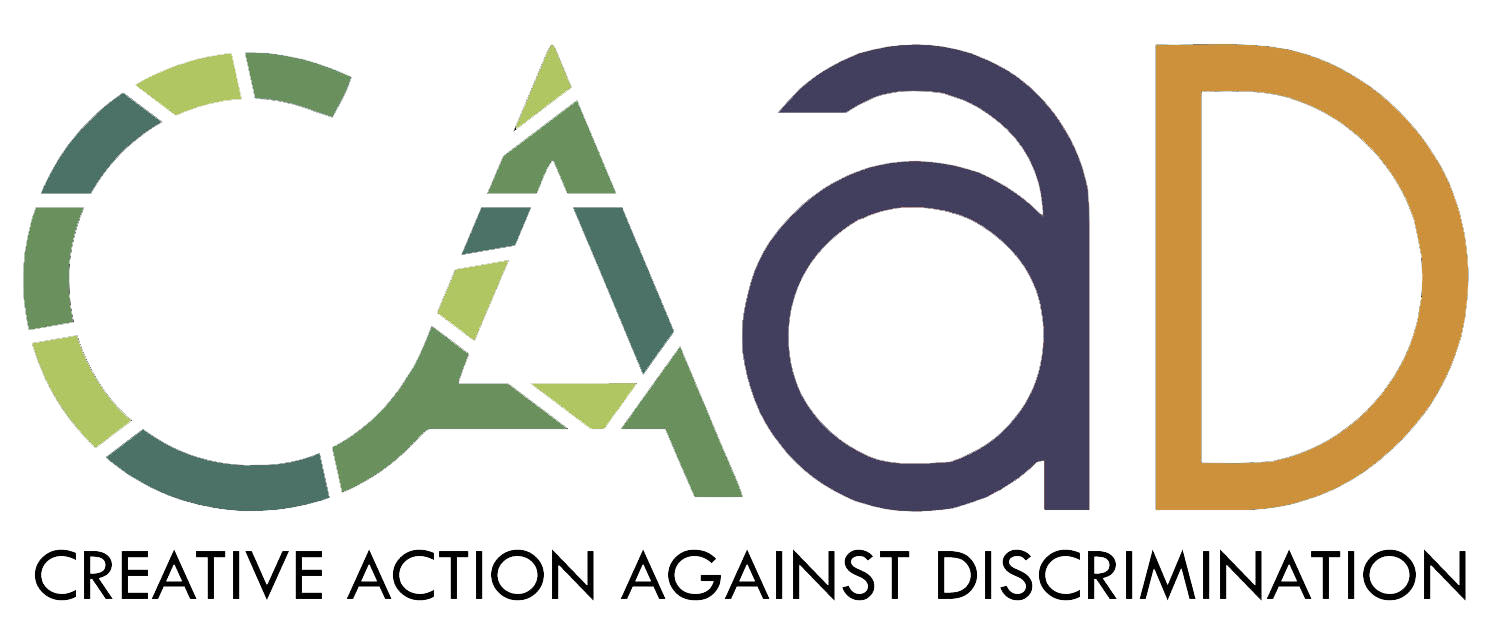Evaluation
What is evaluation and why is it needed in anti-discrimination workshops?
Evaluation is the employment of methods to assess whether a set goal is reached through a specific intervention, and to what degree it was reached or whether an intervention has the desired and intended effects. An intervention can be anything from a new law to a whole social policy, or a specific workshop on anti-discrimination. Evaluation employs methods that derive from social scientific research but should not be reduced to written, standardized evaluation forms that are commonplace in a lot of contexts. Evaluation can be carried out by creative means to find out a variety of things about the success of an intervention.
“Evaluations are conducted for a variety of practical reasons: to aid in decisions concerning whether programs should be continued, improved, expanded or curtailed; to assess the utility of new programs and initiatives; to increase the effectiveness of program management and administration; and to satisfy the accountability requirements of program sponsors”. These reasons may ring alarming bells for creatives and facilitators, as buzzwords like assessment and effectiveness sound “business-y”. But resisting a knee-jerk reaction can be fruitful as evaluation of creative and anti-discrimination workshops will also help figure out if the translation of theoretical knowledge concerning anti-discrimination into practical knowledge and actions is working out or not. Additionally, evaluation is helpful as a means of quality control – we are interested in delivering good workshops that create change in our societies after all. What evaluation can also offer is a transparent proof of the accomplishments that a creative anti-discrimination workshop can achieve.
Target audience and aim of the compendium
The compendium targets teachers, trainers, facilitators, formal and non formal educators, project managers and coordinators who sometimes have little resources available to undertake an elaborate evaluation of their training.
That is the reason why NGOs and associations often don’t carry out the evaluation of their training actions or they carry it out in a traditional way, above all through standardized questionnaires. This compendium aims at providing trainers with innovative techniques of evaluation, not just for short-term but also for long-term evaluations.
The toolkit prepares the reader to:
- Understand the importance of evaluation of creative anti-discrimination workshops
- Have an idea of the scope and the goals of evaluation
- Have tools to evaluate anti-discrimination workshops
- Use creative methods to evaluate anti-discrimination workshops
- Be able to realize a short-term and a long-term evaluation of anti-discrimination workshops.
- Be able to evaluate the level of self-awareness of the participants about racism and discrimination, both in the short and in the long term.
Link to the toolkits:
